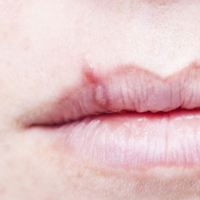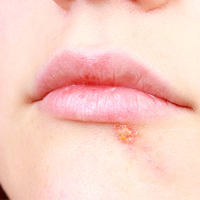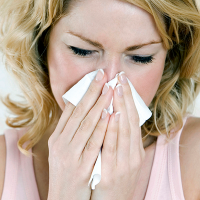Cold Sore or Canker Sore

Two of the most common disorders of the mouth, the cold sore and the canker sore, are often confused with one another. Knowing the difference between a cold sore and canker sore can affect your choice of treatment or home remedy.
The difference between a cold sore and canker sore is where the sore appears. Both cold sores and canker sores cause sores in or around the mouth. However, cold sores are usually found outside the mouth and much less frequently inside it.
Canker sores, on the other hand, occur only inside the mouth, where they affect the tongue and the inside linings of the cheeks, lips and even the throat.
According to the National Institute of Dental and Craniofacial Research, the cause of canker sores is not well understood. Canker sores don’t seem to be triggered by viruses or bacteria, but are rather the result of allergic reactions to food, nutritional deficiencies, some form of autoimmune disease, emotional stress or hormonal imbalances.
Treatment of canker sores can involve allergy testing, nutritional supplements, non-prescription numbing agents like benzocaine, and mouth rinses containing an anti-inflammatory agent or the antibiotic tetracycline.
A common home remedy is a 1:1 dilution of hydrogen peroxide with water, which is then applied to the canker sore with a cotton swab. Small amounts of milk of magnesia are then applied to the canker sore 3 or 4 times a day. This soothes the sore and appears to help with the healing process.
Cold sores are another kettle of fish. These are definitely caused by the herpes simplex virus, which stays in the body after sores disappear. This may cause a recurrence of the cold sores at some later time.
Cold sores are sometimes called fever blisters and the herpes simplex virus is extremely contagious when fever blisters exist. Not surprisingly, kissing often transmits cold sores. In fact, the Roman emperor Tiberius once banned public kissing because of an outbreak of cold sores in the Roman capitol.
Until science develops a vaccine for the herpes virus, the medical treatment of cold sores will continue to consist of ointments that numb the blisters, anti-viral drugs, antibiotics that control secondary bacterial infections, and ointments that soften the crusts of the sores. A natural cold sore treatment will focus on nutritional supplements like zinc or amino acids, Echinacea and topical antiseptics like tea tree oil.



